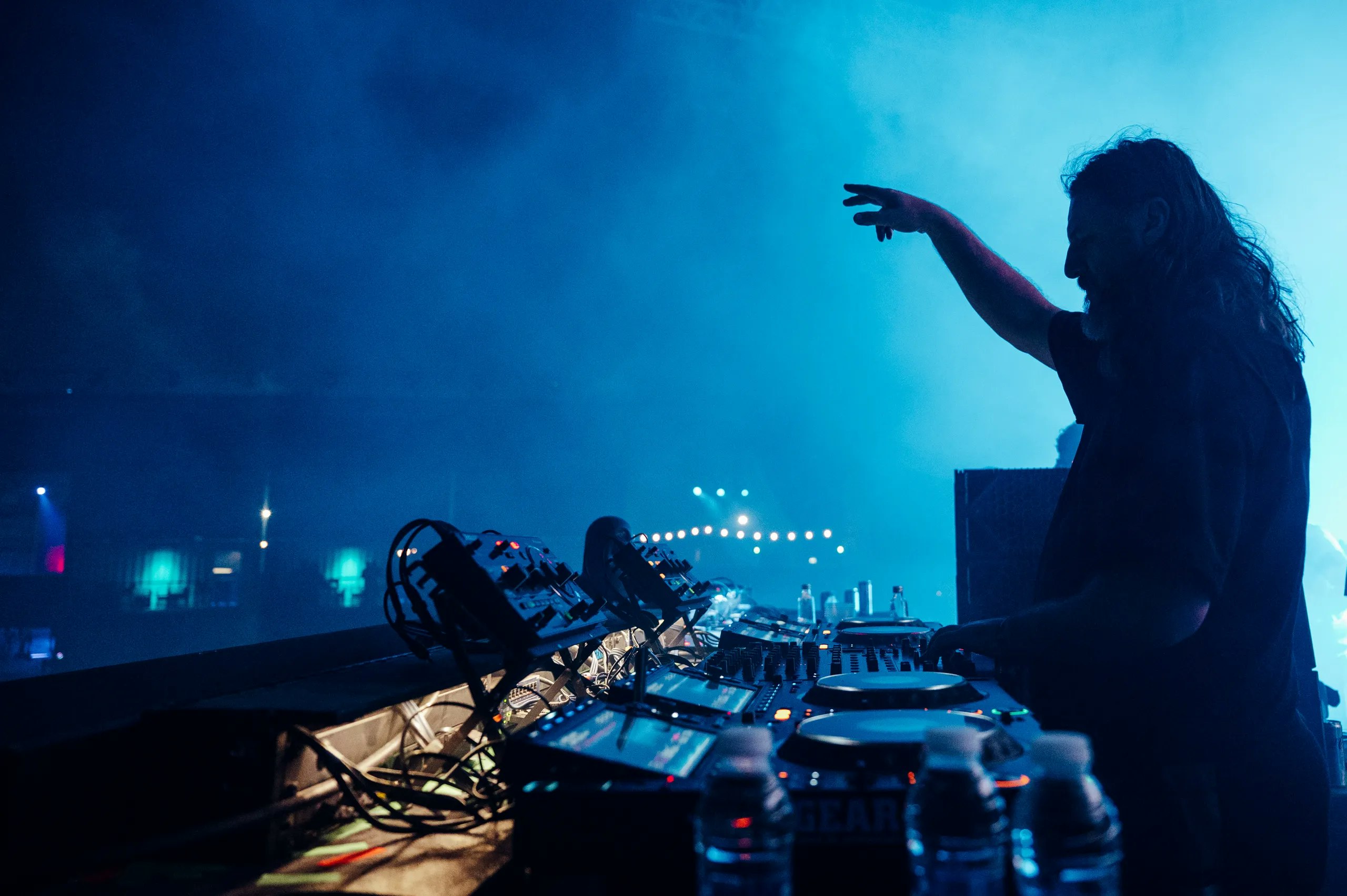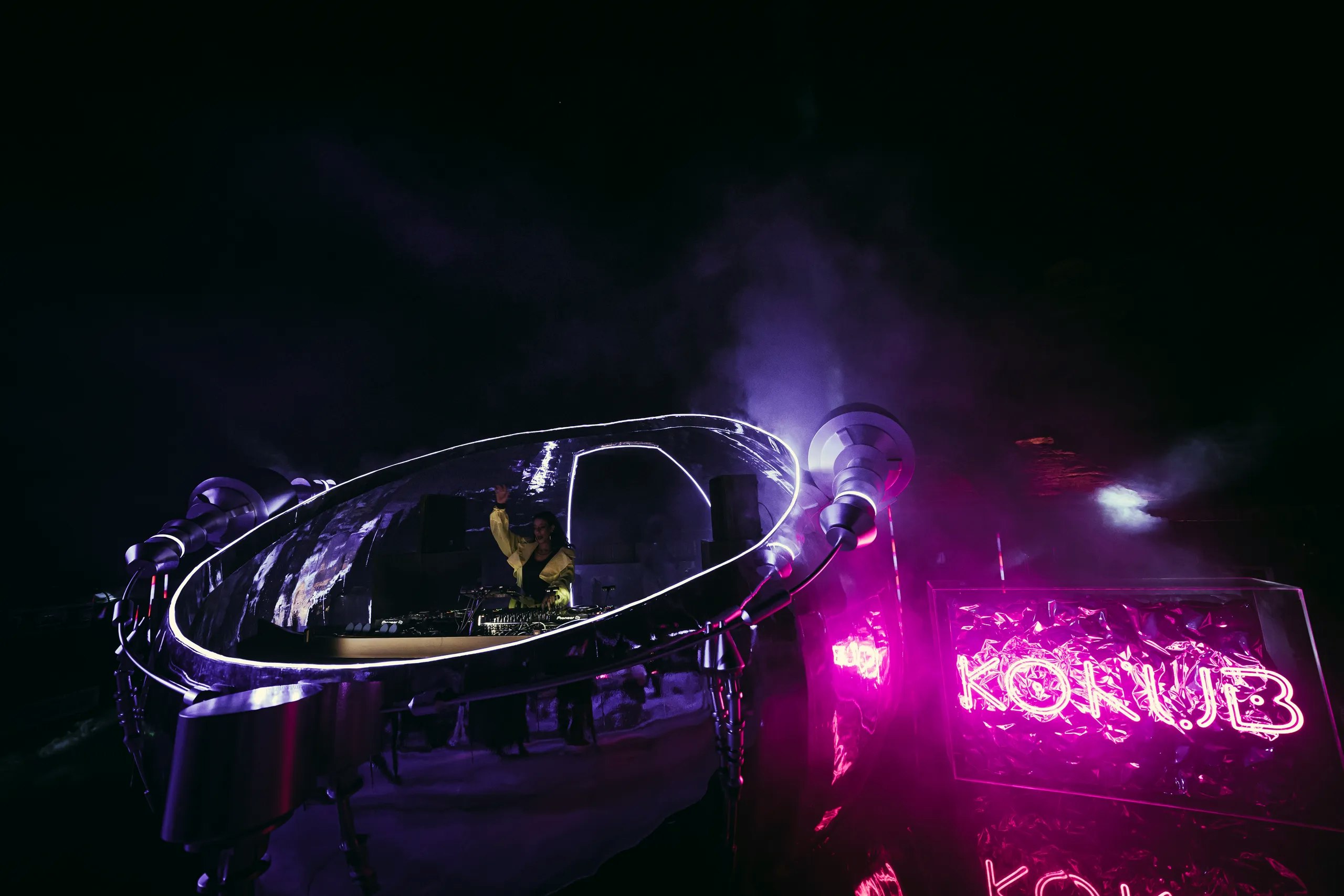

Evolution of Music Streaming: How Technology Transformed Music
By MDLBEAST
February 25 2024
Evolution of Music Streaming: How Technology Transformed Music
By MDLBEAST
February 25 2024
The riveting saga of music streaming burst onto the scene in the early 2000s with Napster, a disruptor employing peer-to-peer file-sharing, causing ripples in the established music distribution order. Marching into the mid-2000s, the legal streaming landscape saw the emergence of Pandora, an architect of personalized internet radio, shaking up conventional norms in 2005 and marking the evolution of music streaming.
Hold on tight, because the true game-changer, Spotify, detonated in 2008, unleashing an explosion of on-demand music options, both free and premium. Simultaneously, in 2015, Apple Music made a grand entrance, seamlessly intertwining streaming into the fabric of users' existing music libraries.
As the years unfolded, the phenomenon of music streaming snowballed into a global sensation. Platforms like YouTube, Deezer, and Tidal brought forth bursts of diversity, infusing the market with a kaleidoscope of genres and transforming it into a dynamic and ever-evolving musical tapestry.
Before moving any further, let’s take a look at how music was shared before the advent of the internet and the digital revolution.
Discover the latest hit musical genres with MDLBEAST and maybe you can get a chance to see your favorite artists perform LIVE at Soundstorm!
History of Music Streaming
Analog Era
Before the seismic shift brought by the digital revolution, music aficionados reveled in the realm of analog marvels like vinyl records, cassette tapes, and compact discs. Each of these formats had its distinct charm, weaving a spellbinding tapestry for listeners and turning music appreciation into a ritualistic experience.
Now, let's dive into the vinyl renaissance – those records, oozing with a warm analog sound that engulfed enthusiasts in a rich, immersive cocoon of melodies. Imagine the tactile ecstasy of placing a needle on the grooves, every crackle and pop adding a layer of authenticity to the musical journey. And then, there were the cassette tapes, the architects of personal mixtapes, allowing listeners to curate their own musical odysseys. Moving forward, compact discs, with their promise of digital clarity, bridged the gap between analog and digital realms, offering a foot in both worlds and kickstarting the evolution of music streaming.
Radio Era
Visualize music devotees congregating around radios, meticulously adjusting antennas and delicately turning dials to catch the frequencies of their preferred stations. This wasn't just listening; it was an art, an intricate dance to capture the essence of shared airwaves. The radio era thrived on the unpredictability of playlists, a realm where control was surrendered, and the allure of the unknown song became a tantalizing surprise.
But it doesn't end there; enter the radio DJs, the maestros of musical trends. In this sonic playground of the airwaves, they weren't just DJs; they were architects, introducing listeners to emerging artists, and constructing a platform for an eclectic array of genres. The airwaves resonated not only with melodies but with the lively banter, interviews, and anecdotes spun by these hosts, creating an intimate tapestry that bound them intimately with their audience.
Digital Era
Streaming platforms like Spotify, Apple Music, and others have become essential havens for music enthusiasts, offering an extensive array of songs at their fingertips. In the digital era, individual autonomy takes precedence, allowing users to craft their musical journeys with precision. Playlists can be carefully curated to suit specific moods, occasions, or even algorithmically generated based on listening habits.
Additionally, the digital era of music streaming introduces the concept of music discovery through algorithms and personalized recommendations. Machine learning algorithms analyze listening patterns to suggest new tracks, artists, or genres tailored to individual preferences. This innovative approach transforms how listeners encounter and explore new music, transitioning from the serendipity of radio to algorithm-driven curation of personalized playlists. This transformation is a testament to the evolution of music streaming.
At Soundstorm, experience the thrill of seeing the hottest artists from the digital era LIVE!
Music Streaming Services
Streaming services like Spotify, Apple Music, and others have fundamentally reshaped the music landscape with their on-demand access to a vast library of songs, albums, and podcasts. Users enjoy a considerable degree of freedom, curating personalized playlists and exploring various genres effortlessly. The significance of these services goes beyond convenience; they serve as crucial platforms for artists to connect with global audiences, democratizing the music industry and offering independent musicians a space to showcase their talent, something which has only been made possible thanks to the evolution of music streaming.
Top Music Streaming Apps
Apple Music
Apple Music, launched in June 2015, has swiftly become a prominent player in the music streaming industry. With millions of monthly users worldwide, this platform offers a vast library of songs, albums, and playlists, spanning genres and artists. What sets Apple Music apart is its integration with the broader Apple ecosystem, seamlessly connecting users with their existing music libraries, personalized recommendations, and exclusive content.
Spotify
Spotify, founded in April 2006, has grown into a music streaming giant with a massive user base exceeding millions globally. Launched in October 2008, this platform has revolutionized how people access and enjoy music, offering a vast catalog of songs, podcasts, and playlists. What sets Spotify apart is its user-friendly interface, personalized playlists, and robust recommendation algorithms that tailor music suggestions based on individual preferences.
Soundcloud
With a diverse community of creators and listeners, SoundCloud stands out for its focus on independent musicians, allowing them to upload, share, and promote their original tracks. The platform has millions of users globally, fostering a vibrant ecosystem of emerging artists and niche genres. SoundCloud's distinctiveness lies in its democratization of music, offering a space where both established artists and newcomers can connect with audiences directly, a move that fueled the evolution of music streaming.
Share this


